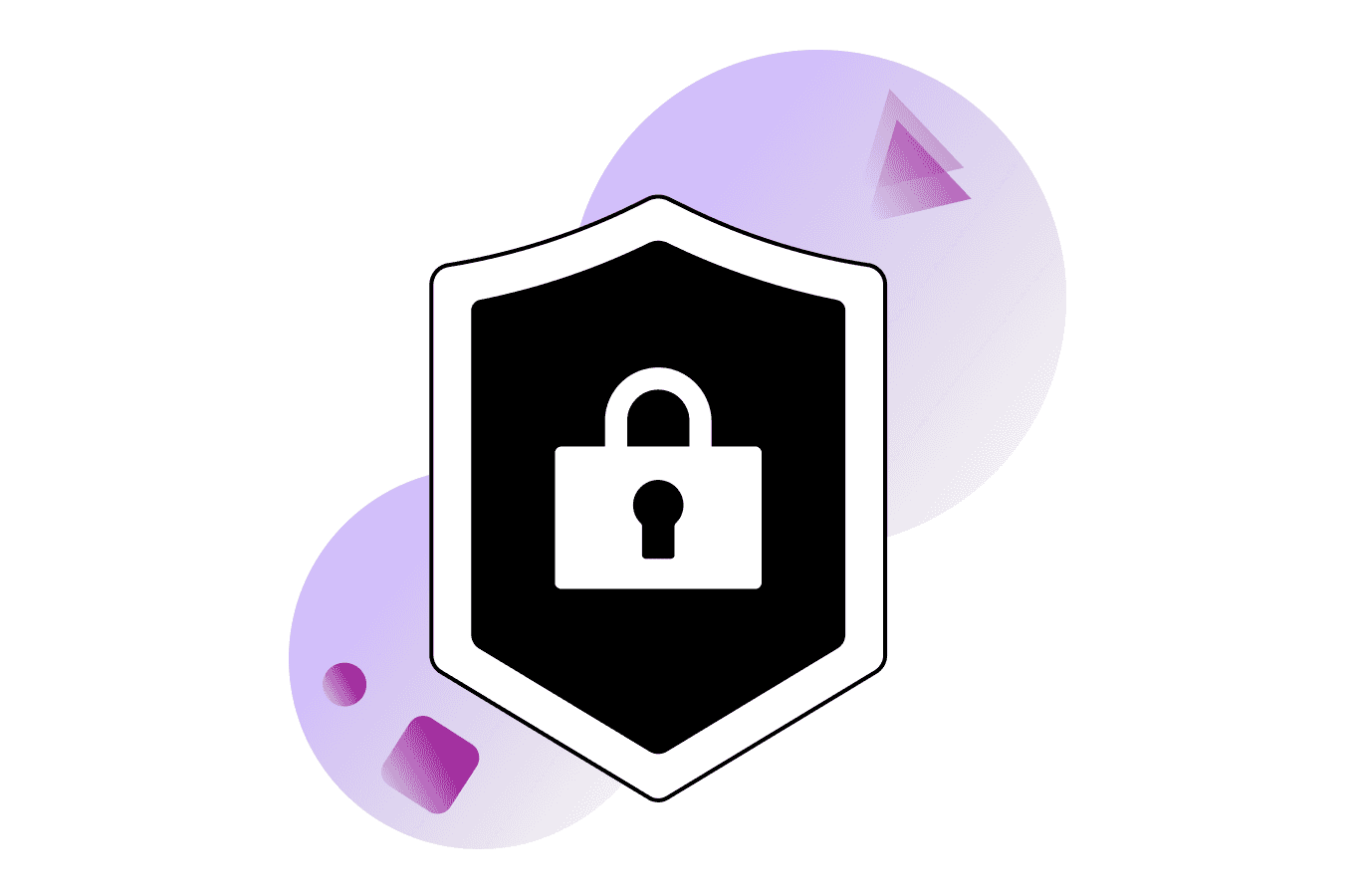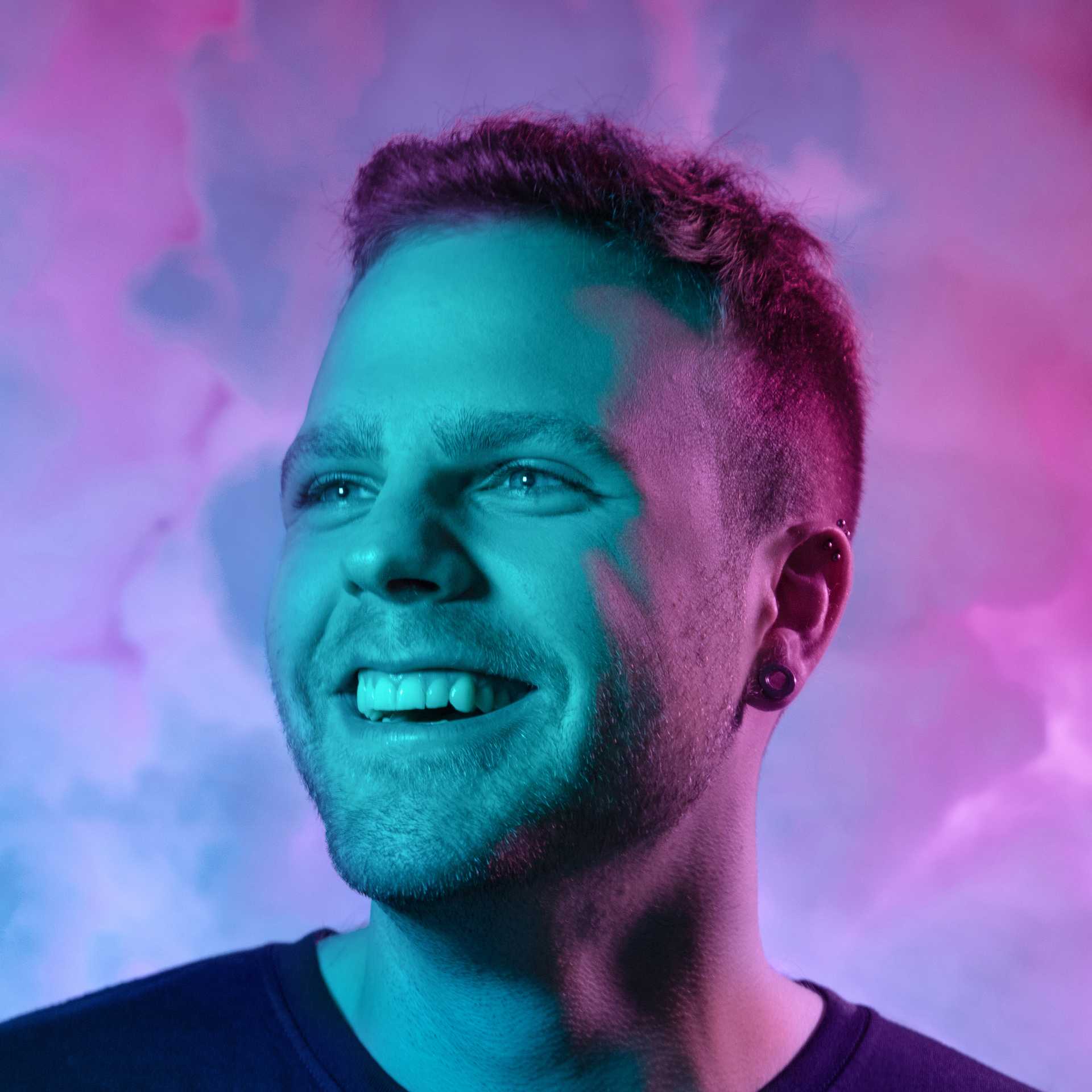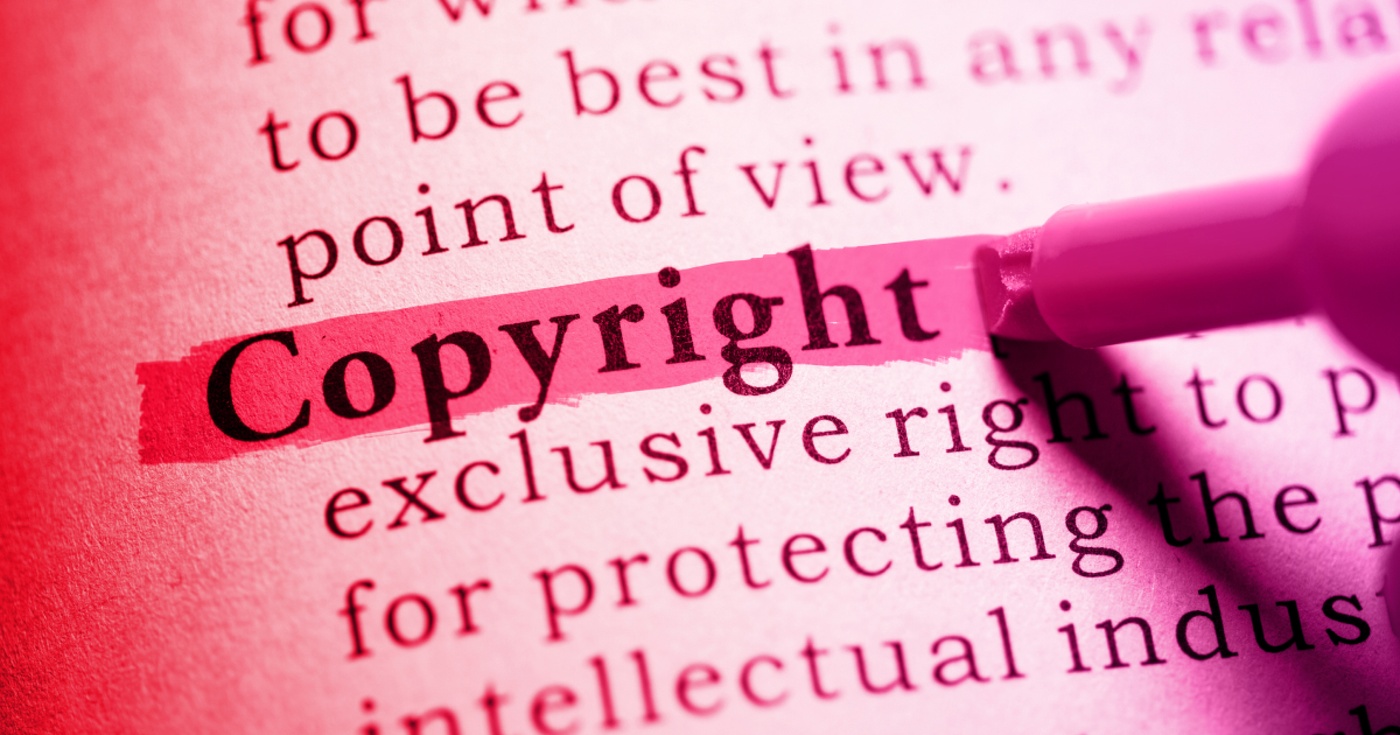How to Protect a Game Idea - Copyright in Polish Gamedev

Creating video games is a dream come true for many young people. It is one of the fastest growing industries in recent years. On the Internet You can find many guides, free game engines and tools that allow anyone to start creating their own video game. However, it is worth knowing what we have rights to when releasing our game to the market. Please be advised that this article is based on the legal provisions in force in the Republic of Poland. The content of the Copyright Act may differ from country to country.
In this article:
What Is Copyright?
Copyright is nothing different than the right to distribute and modify works, commonly associated with authors’ rights to intellectual property. It works automatically and requires taking no action by the author. In the context of video games, this means that the creator (or creators) of the game has the exclusive right to copy and distribute their work, as well as modify it as they see fit.
Does Copyright Protect a Game Idea?
Copyright protects any expression of an idea, but not the idea itself. This means that if your game features a monster hunter with gray hair and two swords on his back, other games may also have such a character. Only giving them a name and creating their exact design makes them subject to copyright protection.
It is therefore worth remembering that an idea for a game or game mechanics is not protected by copyright in the light of the law. For this reason, the topic of cloning and counterfeiting games becomes problematic - it is often difficult to clearly determine whether the game is a cheap knock-off, or only belongs to the same genre.
Are Video Games Protected by Copyright?
By all means, video games are undeniably subject to copyright. Studios producing them have full proprietary copyrights to all their components, as well as the right to grant licenses to external companies, for example to produce merchandise or animations set in their game’s universe.
How To Protect Your Game Idea?
Trademark
Registering trademarks is a common practice among industry giants. For small and medium-sized teams, however, this is often an unprofitable solution, because in addition to a detailed logo and product name, a considerable amount of money is required. Rookie studios simply cannot afford trademarks.
Non-Disclosure Agreement
If You already have a detailed pitch deck for your game (if not, you can read our article on how to write a pitch deck for your game!) and you intend to present it to potential investors, it is worth preparing a Non-Disclosure Agreement to protect your copyright. If the idea does not sell, such an agreement will secure it from being stolen!
Patent
This is a slightly more complicated security method. Obtaining a patent is very difficult and often unprofitable, as all patents are very rigorously examined in terms of innovation. This means that you won’t be granted a patent if your game idea is not absolutely revolutionary. Moreover, it is quite costly to get a patent, and it can take years to process your application, meaning your game may lose all interest before it even becomes protected.
Well-Formulated Contracts
It may seem trivial, but in any business, a well-formulated contract is an absolute basis. The components of a computer game, such as 3D models, lines of code, animations, sounds, or graphics are usually owned by the studio under signed contracts. It is especially important when we decide to outsource to external companies. In order to avoid unpleasant situations, contracts should always indicate who owns the proprietary copyrights to the work (within the meaning of the Copyright Act).
Gameplay and Copyright
In the very end, it is worth mentioning the topic of gaming videos. Gameplay or Let's plays are video materials published on the Internet, in which a player shows how he/she has fun in the game environment. While their legality is ambiguous, they provide an excellent (and more importantly - free) advertisement for the studio which created the game. For this reason, there is an unwritten agreement to produce video materials from video games, and sometimes developers sign advertising contracts with the creators of such videos, offering them sponsorship, or a free copy of the game for review.
As you can see, before you present your idea to the world, you should think about securing it. Copyright is a much more complex topic than it'd appear. Ensuring adequate legal protection is an investment for the future - perhaps the idea you have in your mind will translate into a brand that will be remembered by players for years?
What would you like to achieve. Our experts will answer on your all questions.

Do you like the article? Join our newsletter for more content about games, technology and development! Just enter your email below and we'll take care of the rest.













